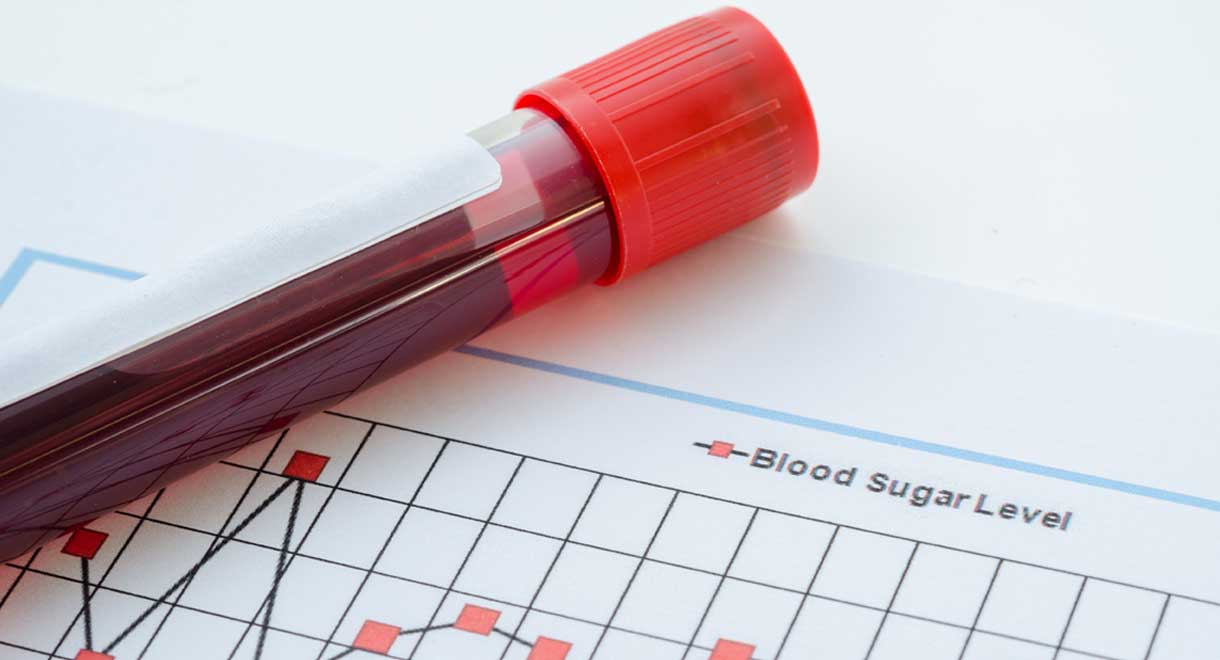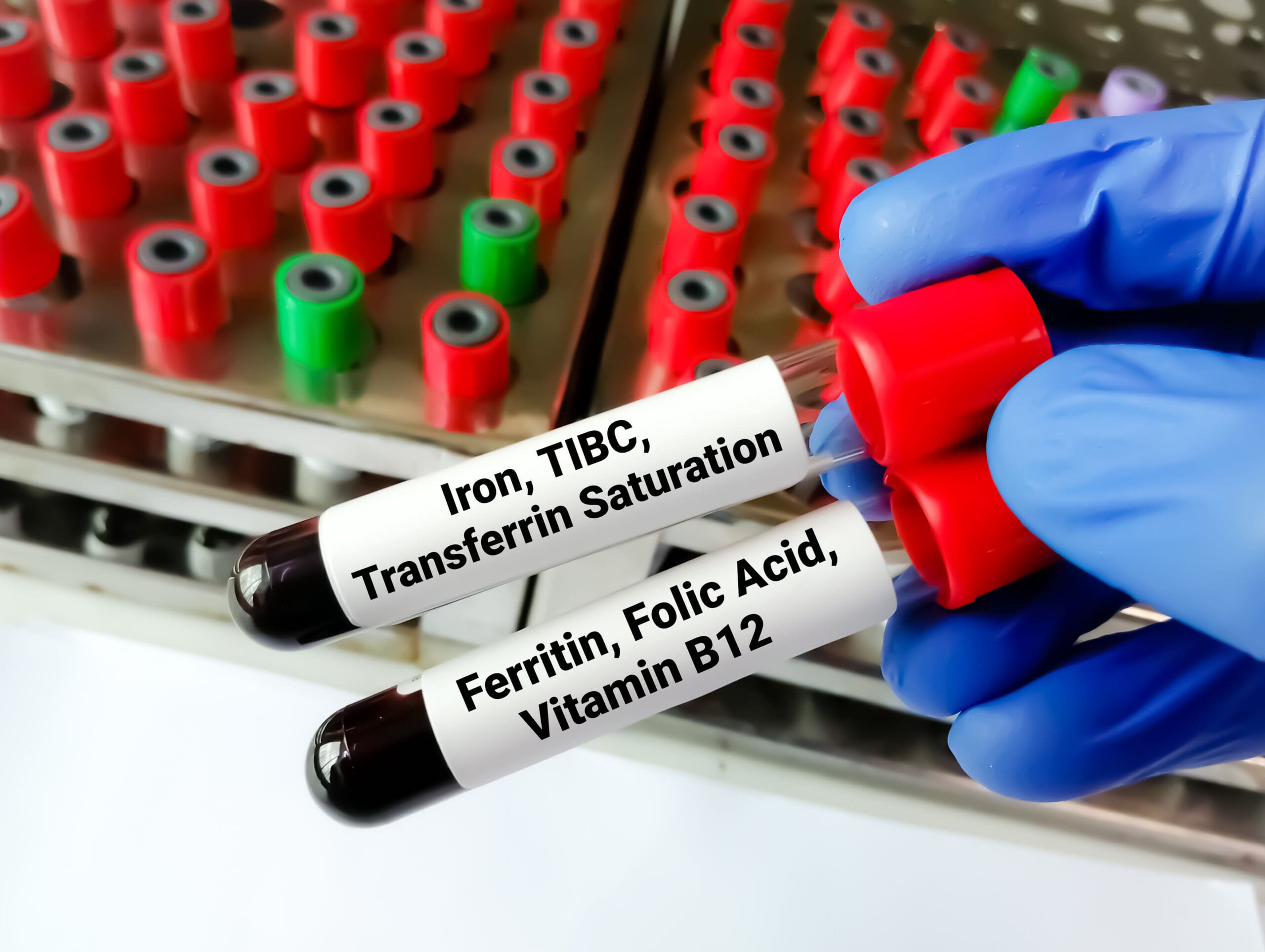What can go wrong when your liver is sluggish
By naturopath Margaret Jasinska
Your liver is the most powerful metabolic organ in your body. If you look after your liver, you will increase your chances of having a long and healthy life. People with an unhealthy liver typically experience a lot of fatigue and they are at risk of developing a number of health issues. If your liver works well, you should experience a better quality of life and reduced risk of chronic diseases.
The following can be consequences of an unhealthy liver:
Poor detoxification and build up of body pollutants
The liver converts toxic ammonia into urea, which can then be safely eliminated by the kidneys. Ammonia is an end product of protein metabolism. If ammonia builds up, even slightly, you will experience brain dysfunction such as brain fog, unpleasant mood and poor motivation. The liver structure is a filter which removes unhealthy cells, dead cells, bacteria and other micro-organisms from the bloodstream so they can be destroyed in the liver. The liver filters the blood from the gut – all the blood leaving the stomach and intestines passes through the liver. If you have a leaky gut, it leaks to your liver. It is inevitable that environmental chemicals will build up in your body and the older you are, the greater your body burden of these chemicals. Having a well functioning liver helps mitigate some of the risk.


Unstable blood sugar
The liver manufactures glucose and glycogen. This is vitally important to stabilise blood sugar levels and reduce cravings for sugary foods. People with a fatty liver are more likely to engage in non-hungry eating due to factors such as fatigue, irritability, anxiety or cravings.


Slow metabolic rate, making weight loss difficult
The liver makes the fats cholesterol, lipoproteins and triglycerides. The liver keeps your blood fats in the healthy range. It is also your main fat burning organ. If you carry weight across your torso, you likely have excess fat in your liver and this slows metabolic rate.


Problematic immune system
The liver filter contains many immunologically active cells, acting as a ‘sieve’ for proteins carried to it from the intestinal blood. The liver filter (sieve) is altered by many factors such as stress, smoking, alcohol, ageing and environmental chemicals. An open (excessively permeable) liver sieve increases incidence of immune disorders. The liver manufactures immune factors which strengthen your immune defences.
How to improve liver health
- Try to eat unprocessed, healthy foods in their natural state. Ideally base your diet on foods that don’t have an ingredients list.
- Try to keep your weight in the healthy range. As mentioned above, carrying weight around your torso places a strain on your liver. This is called visceral adipose tissue.
- A high sugar diet can do a lot of harm to your liver. It encourages liver inflammation and can make your liver look like that of an alcoholic even if you don’t drink.
- If you have excess iron levels in your blood, become a regular blood donor and you will see the levels come down. Excess iron can harm the liver.
- Livatone Shots is a one a day formula that contains ingredients traditionally used in European herbal medicine to support healthy liver detoxification.
- Ensure you eat enough protein each day. The enzymes in your liver that carry out detoxification are made of protein. Eating protein at each meal greatly helps improve satiety, making it easier to stay away from junk food.
- Your liver may benefit from the Dr Cabot 15 Day Cleanse. This is an easy to follow program that helps improve liver, gut and immune function. It is an excellent way to start feeling more energetic and implement better eating habits.
- Raw juicing can accelerate the repair of liver damage and improve immune function. Good things to juice include kale, cabbage, carrot, beet, ginger, lime, lemon, grapefruit, parsley, basil, and coriander.
- Fermented foods high in probiotics can help, and include miso, kefir, sauerkraut, and kim chi. They are able to improve gut health and thus reduce liver inflammation.
If you have any concerns about your health, please see a qualified healthcare practitioner for a diagnosis.









Leave A Comment